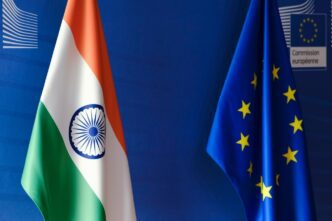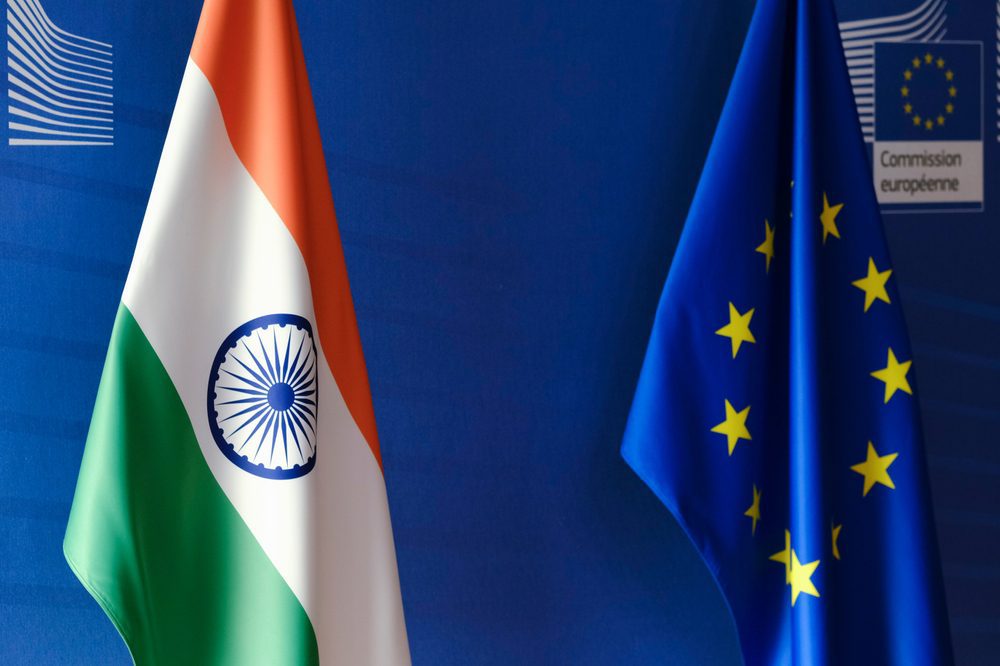Executive Summary
The Story So Far
Why This Matters
Who Thinks What?
Negotiations for a comprehensive Free Trade Agreement (FTA) between India and the European Union are reportedly in their final stages, with sources close to the discussions indicating that all major outstanding issues have been resolved. The significant progress follows the 13th round of talks held in New Delhi on September 8, as both sides aim for a robust trade deal, potentially targeting finalization by December 2025.
Advancing Trade Relations
While the primary objective remains a comprehensive trade agreement, both entities are also considering the possibility of an “early harvest” agreement, which could see some aspects of the deal implemented sooner. Despite the advanced stage, it remains uncertain whether another formal round of negotiations will be required.
The 13th round of discussions in the Indian capital focused particularly on the protection of sensitive economic sectors for both India and the EU. The Indian government has consistently affirmed its commitment to ensuring that all trade talks proceed with the best interests of its agricultural sector and farmers in mind.
Path to a Comprehensive Deal
The potential FTA is expected to significantly deepen economic ties between India, a rapidly growing global economy, and the European Union, the world’s largest single market. Such an agreement could streamline trade in goods and services, reduce tariffs, and harmonize regulatory standards, fostering increased investment and economic cooperation.
The target of finalizing the trade deal by December 2025 underscores the mutual ambition to establish a new framework for economic partnership. This strategic alliance is poised to have substantial implications for global trade dynamics and supply chains.








